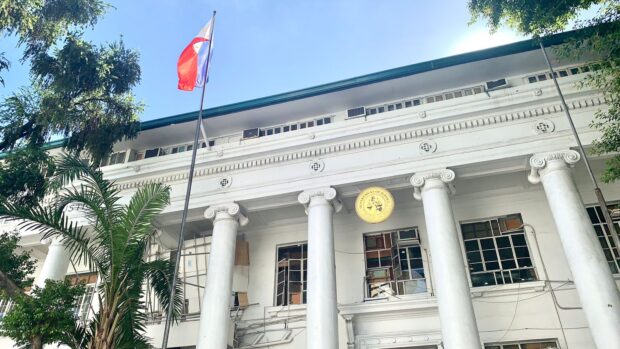Local governments can deploy workers to South Korea – DOJ
MANILA, Philippines — The Department of Justice (DOJ) has upheld the authority of local governments to deploy seasonal agricultural workers to South Korea under city “sisterhood” agreements.
In a legal opinion dated Feb. 8 released last week, the DOJ admitted the Constitution or any law does not expressly grant the local governments the authority to enter into such sisterhood agreements.
“At the same time, there exists no legal prohibition for [local governments] to enter into said agreements,” the DOJ said in a legal opinion signed by Undersecretary Raul Vasquez.
DMW rules apply
The DOJ, however, said the deployment of seasonal workers has to comply with the rules set by the Department of Migrant Workers (DMW).
The justice department was asked by Malacañang’s Presidential Management Staff Senior Undersecretary Elaine Masukat to comment on the legality of the sisterhood arrangement among the local governments and South Korean cities since Filipino agricultural workers have experienced problems.
Article continues after this advertisementREAD: DMW releasing protocols on Korea Seasonal Workers Program
Article continues after this advertisementThe DOJ said among the complaints were “nonpayment or reduction of their agreed wages, bad working conditions, maltreatment, physical and verbal abuse by their employers, which even led to death in some cases.”
“[There have been] news as well of illegal recruitment and some recruiters asking for collaterals for these workers to be deployed abroad,” the DOJ added.
The department said the deployment of seasonal workers to South Korea falls under the corporate powers of local governments to promote employment among residents.
